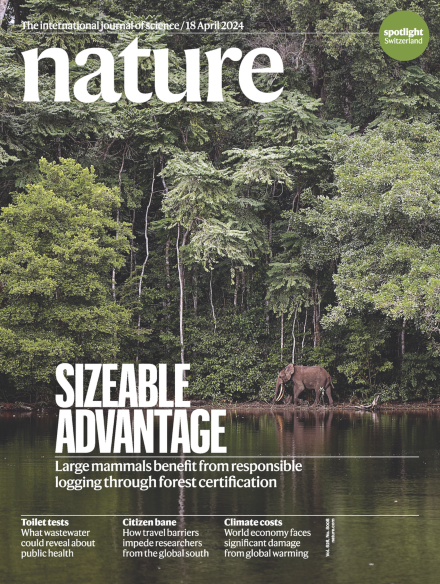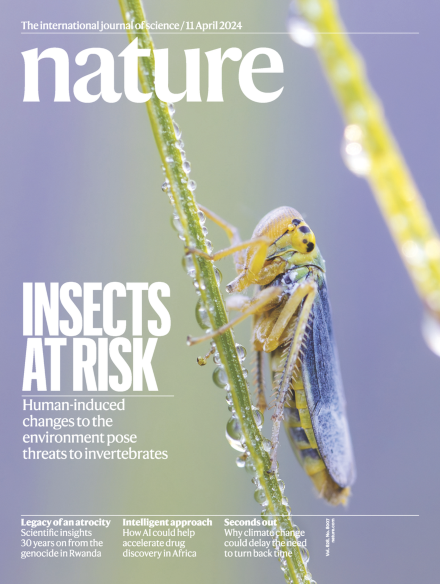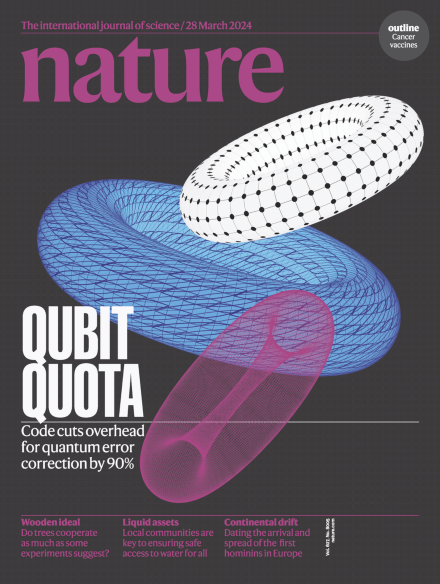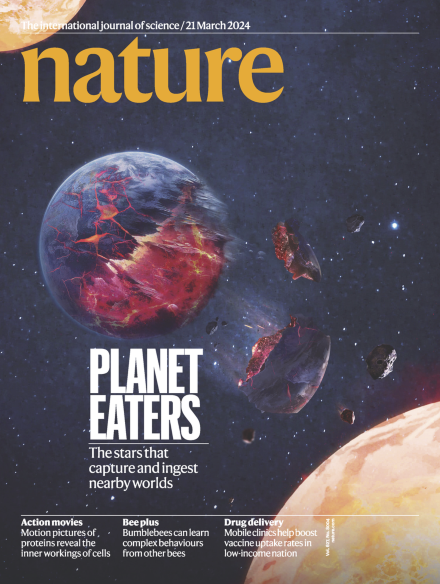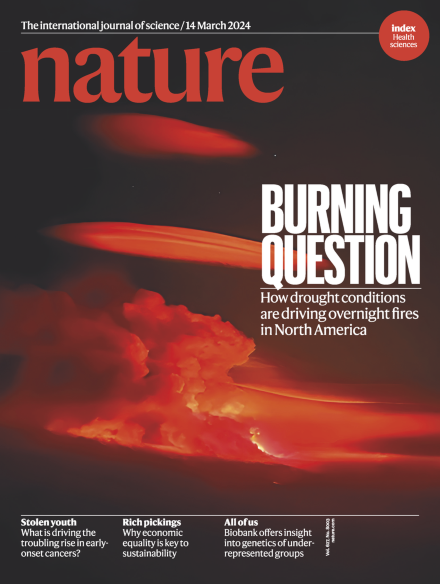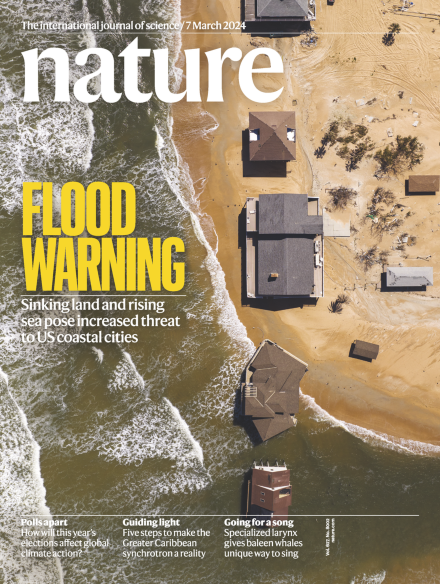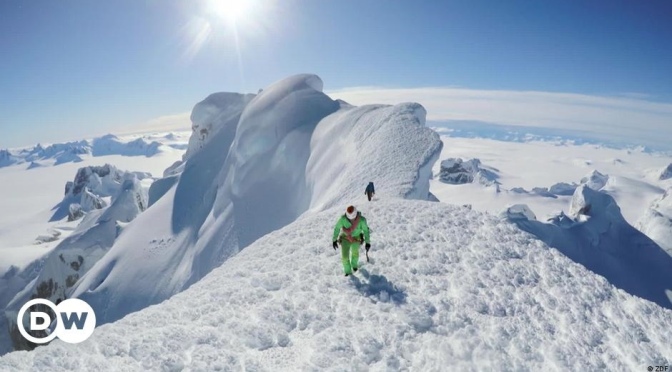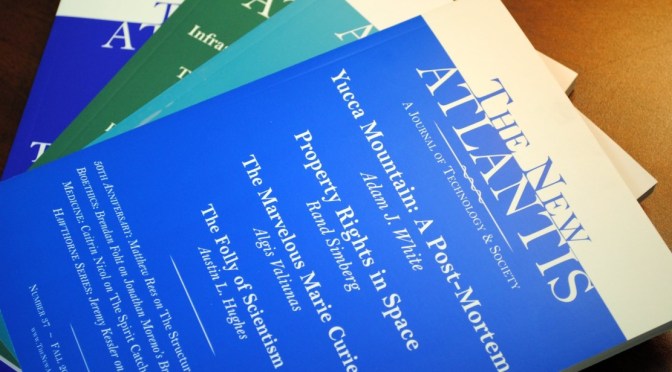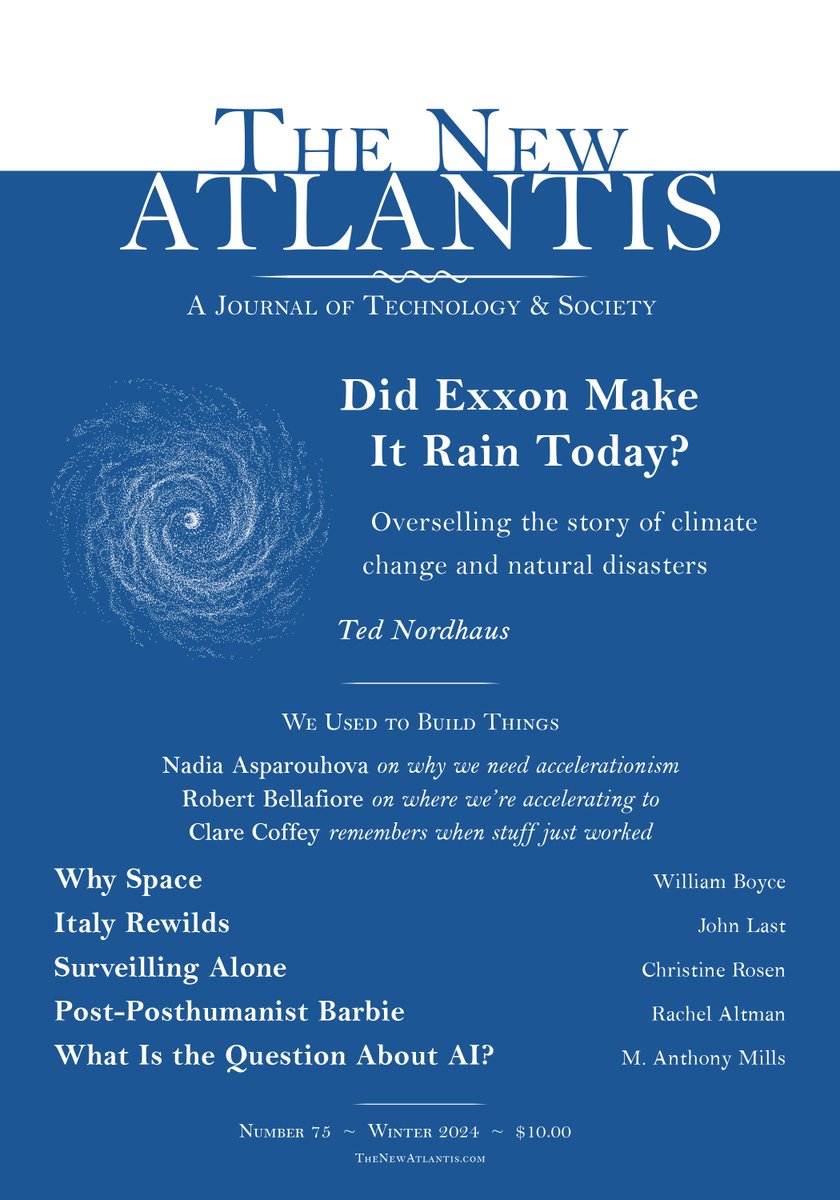
‘Nature Magazine – April 24, 2024: The latest issue cover features ‘ Switching Channels’ – Organoids and assembloids offer model way to test potential therapy for Timothy syndrome…
Detectors deep in South Pole ice pin down elusive tau neutrino
Antarctic observatory gathers the first clear evidence of mysterious subatomic particles from space.
A spa session for humpback whales
The gigantic animals have worked out an unusual way to exfoliate — a perfect way to deal with whale lice.
This water bottle purifies your drink with energy from your steps
Static electricity generated by the foot striking the ground can be captured to kill pathogens.
Burnt remains of Maya royalty mark a dramatic power shift
Finds in pyramid at Guatemalan site suggest that remains were disinterred and desecrated in a public ritual.
‘


